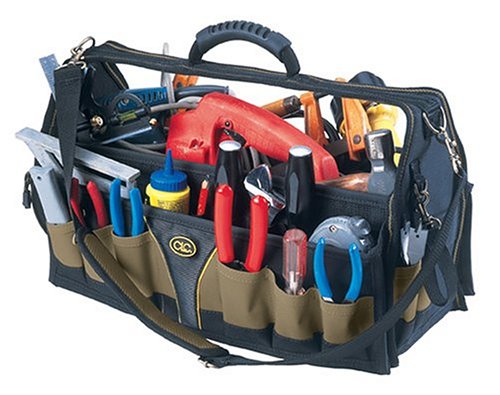
Fra i lamenti sulla peer-review che va a rotoli signora mia dove andiamo a finire e la “montagna di pattume” che si accumula nella letteratura scientifica, mi ero perso un articolo confortante sul Journal of Engineering and Chemical Data.
Non ho accesso – forse Claudio Della Volpe ce l’ha o un suo collega della SCI – ma dal sunto si capisce che gli autori si sono rimboccati le maniche:
This article describes a 10-year cooperative effort between the U.S. National Institute of Standards and Technology (NIST) and five major journals in the field of thermophysical and thermochemical properties to improve the quality of published reports of experimental data. … The history of this unique cooperation is outlined, together with an overview of software tools and procedures that have been developed and implemented to aid authors, editors, and reviewers at all stages of the publication process, including experiment planning. Both successes and failures are highlighted.
Grassetto mio. Mi sembra importante per capire se si possono adattare ad altre discipline strumenti fatti per controllare i dati sperimentali riguardanti “proprietà termofisiche e termochimiche”:
The procedures are now well established and are designed to yield maximum benefit to all stakeholders (authors, editors, reviewers, publishers, readers, data users, etc.) through the establishment of procedures and support tools that efficiently serve the specific interests of those involved. … A key feature of the cooperation is the efficient validation of experimental data after peer review but before acceptance for publication. Nearly 1000 articles per year are considered within the scope of this work, with significant problems identified in roughly one-third of these. Full statistics for the findings are given, and a variety of examples of common problems found are given.
Un “terzo di articoli con problemi significativi” non è confortante. Secondo il NIST – l’equivalente dell’INRiM – che ha finanziato la ricerca
The most common problem found in papers analyzed by the collaboration was missing or underestimated uncertainties for reported data.
Come nelle presentazioni e reports sugli esperimenti di fusione fredda, insomma. Per rimediare, il NIST ha creato un software da combinare con due già esistenti:
NIST ThermoLit, that allows researchers to generate a literature report containing relevant references retrieved from a NIST database. Researchers can combine this capability with an older experiment planning system (NIST ThermoPlan) at both the conceptualization and publication stages of their work. If the submitted paper passes a journal’s peer review, NIST generates a report noting any inconsistencies between the new experimental data and critically evaluated data based on past research. Data are extracted from the submitted paper and validated by NIST’s expert software system for data evaluation (NIST ThermoData Engine).
Link aggiunti. Se qualcuno prova, mi dice cosa ne pensa?